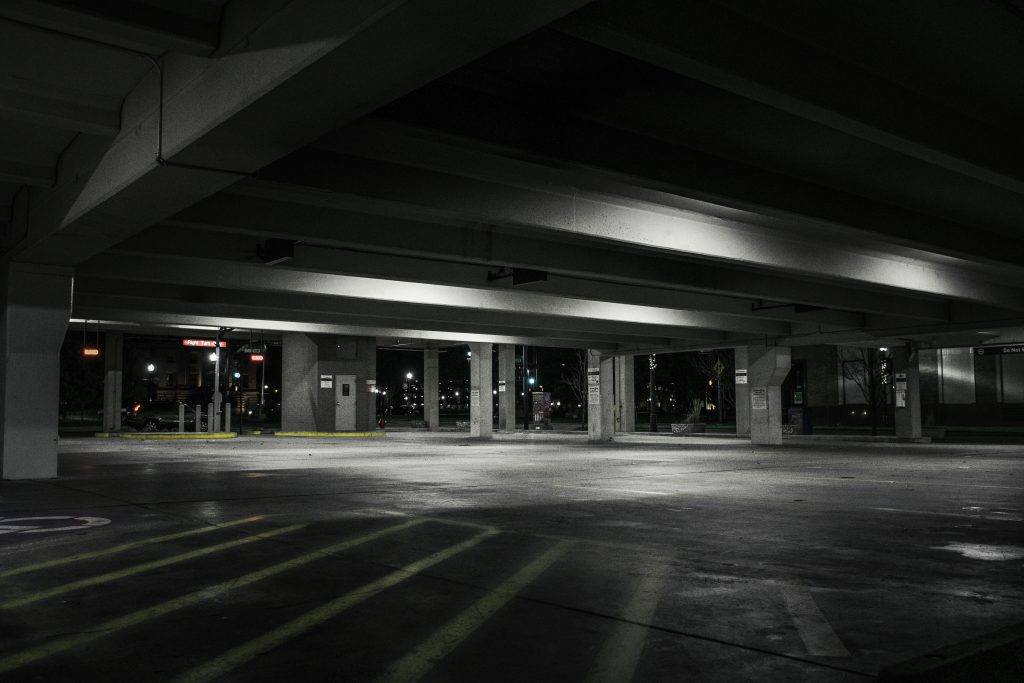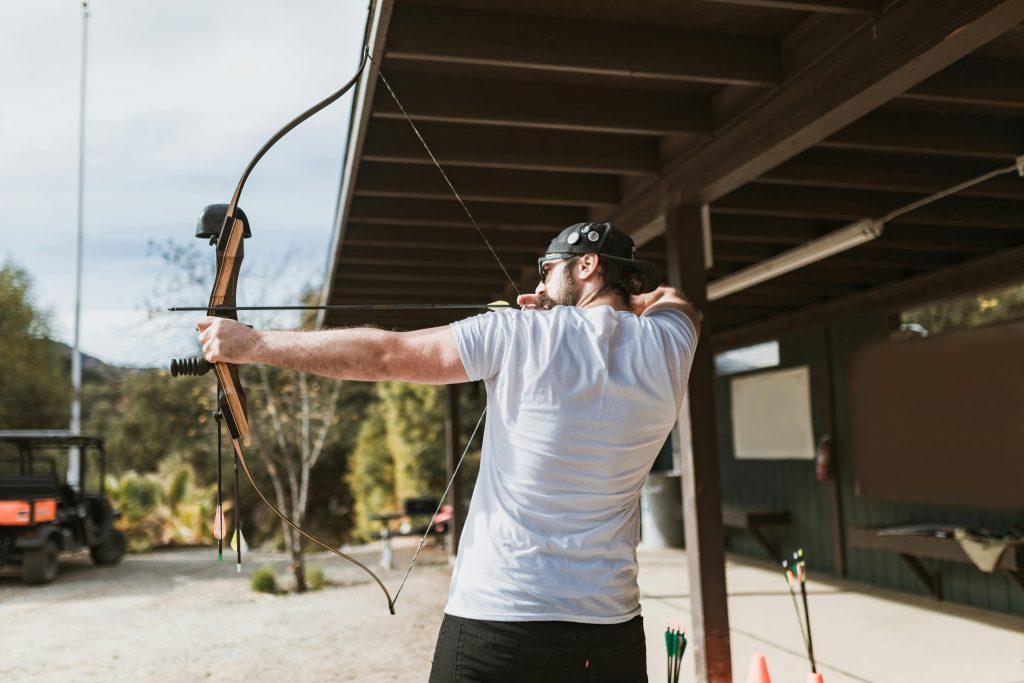 This case delves into a courtroom clash that spilled over into a legal battle, raising questions about the appropriateness of summary judgment when factual disputes remain at the heart of the matter.
This case delves into a courtroom clash that spilled over into a legal battle, raising questions about the appropriateness of summary judgment when factual disputes remain at the heart of the matter.
Case Background
Felix DeJean, an attorney, got into a physical altercation with District Attorney Bradley Burget while discussing a case in a judge’s chambers. DeJean was later convicted of simple battery in a criminal trial. He then filed a civil lawsuit against Burget, seeking damages for injuries sustained in the altercation. Burget claimed he acted in self-defense, arguing that DeJean was the aggressor. The trial court granted summary judgment in favor of Burget, dismissing DeJean’s case.
 Louisiana Personal Injury Lawyer Blog
Louisiana Personal Injury Lawyer Blog


 A celebratory night out turned into a nightmare for Reuben Ellis when he was shot in a parking lot after attending a friend’s wedding reception at Bella Noche nightclub. Ellis’s quest for justice led him to sue not only the nightclub but also the property owner, Plaza Holdings, LLC. This legal battle highlights the complexities of premises liability and the extent to which property owners are responsible for the safety of their tenants’ patrons.
A celebratory night out turned into a nightmare for Reuben Ellis when he was shot in a parking lot after attending a friend’s wedding reception at Bella Noche nightclub. Ellis’s quest for justice led him to sue not only the nightclub but also the property owner, Plaza Holdings, LLC. This legal battle highlights the complexities of premises liability and the extent to which property owners are responsible for the safety of their tenants’ patrons. In the world of industrial contracts, the devil often lies in the details – especially when it comes to indemnity clauses. These clauses determine who bears the financial responsibility if something goes wrong, and they can be a source of heated legal battles. This is precisely what happened in the case of
In the world of industrial contracts, the devil often lies in the details – especially when it comes to indemnity clauses. These clauses determine who bears the financial responsibility if something goes wrong, and they can be a source of heated legal battles. This is precisely what happened in the case of  Emergency responders have a critical job, often requiring them to speed and navigate through traffic to reach those in need. But what happens when those actions result in an accident? Who’s at fault when an officer responding to an emergency collides with another vehicle? A recent
Emergency responders have a critical job, often requiring them to speed and navigate through traffic to reach those in need. But what happens when those actions result in an accident? Who’s at fault when an officer responding to an emergency collides with another vehicle? A recent  A slip and fall accident in a nursing home can lead to devastating injuries, especially for elderly residents or those with underlying health conditions. But what happens when a lawsuit filed due to such an accident is dismissed because it was filed too late? That’s precisely what happened in the case of Penny Micken, whose legal battle against Heritage Manor of Napoleonville nursing home highlights the critical importance of adhering to legal deadlines.
A slip and fall accident in a nursing home can lead to devastating injuries, especially for elderly residents or those with underlying health conditions. But what happens when a lawsuit filed due to such an accident is dismissed because it was filed too late? That’s precisely what happened in the case of Penny Micken, whose legal battle against Heritage Manor of Napoleonville nursing home highlights the critical importance of adhering to legal deadlines. In a heart-wrenching incident, Dr. Alan Sandifer, an avid bow hunter, tragically lost his life in a freak accident involving his Hoyt compound bow. The Sandifer family’s quest for answers led them to the courtroom, seeking justice through a lawsuit against the bow’s manufacturer,
In a heart-wrenching incident, Dr. Alan Sandifer, an avid bow hunter, tragically lost his life in a freak accident involving his Hoyt compound bow. The Sandifer family’s quest for answers led them to the courtroom, seeking justice through a lawsuit against the bow’s manufacturer,  In a recent decision, the
In a recent decision, the  In a stark reminder of the importance of procedural precision in the legal world, the
In a stark reminder of the importance of procedural precision in the legal world, the  In a recent decision, the
In a recent decision, the  In a recent decision by the
In a recent decision by the